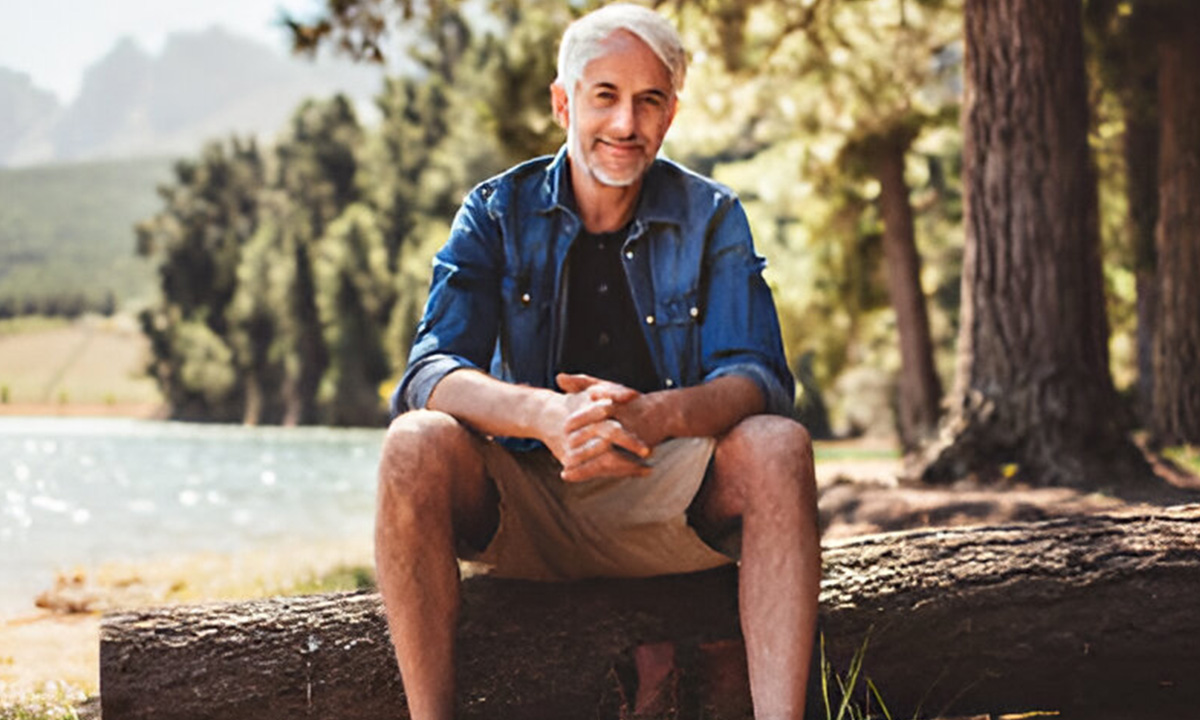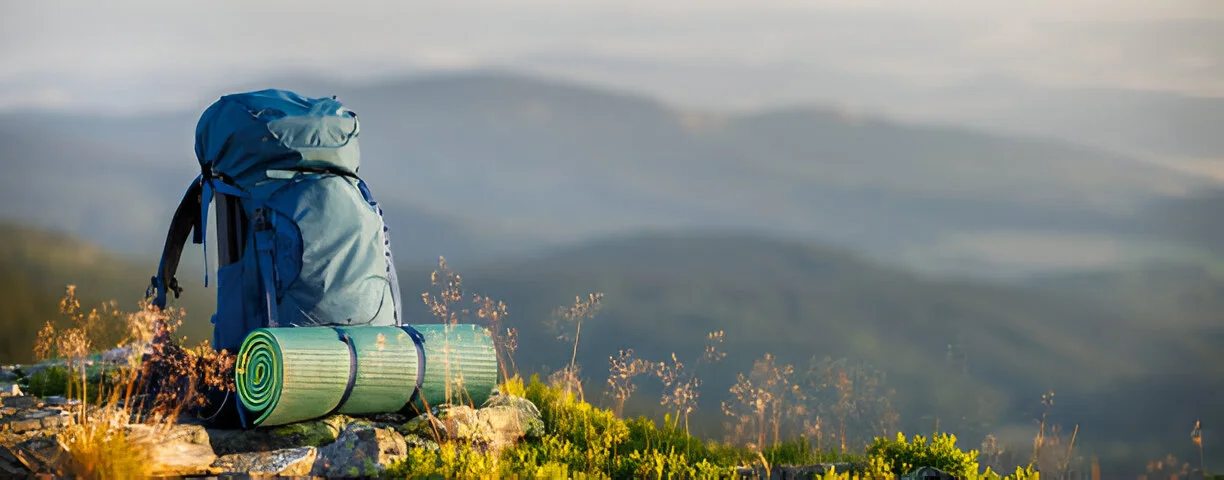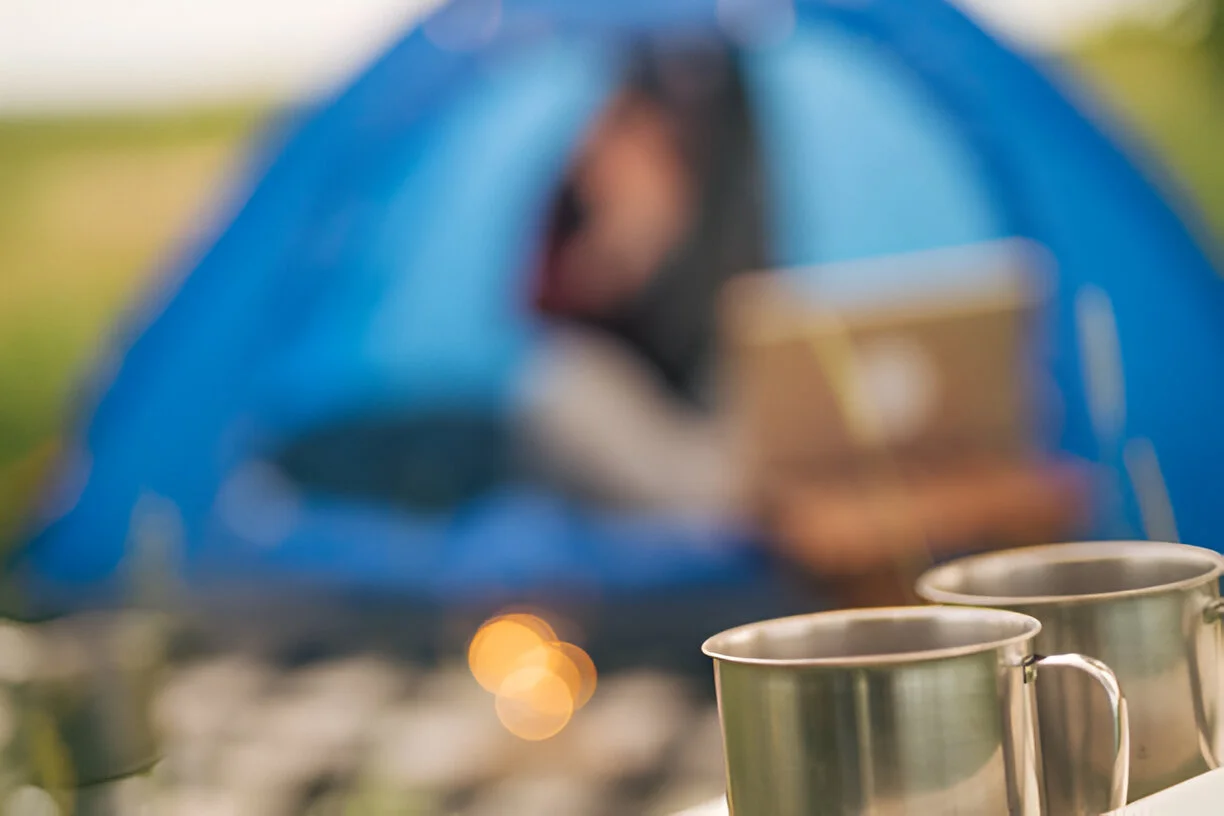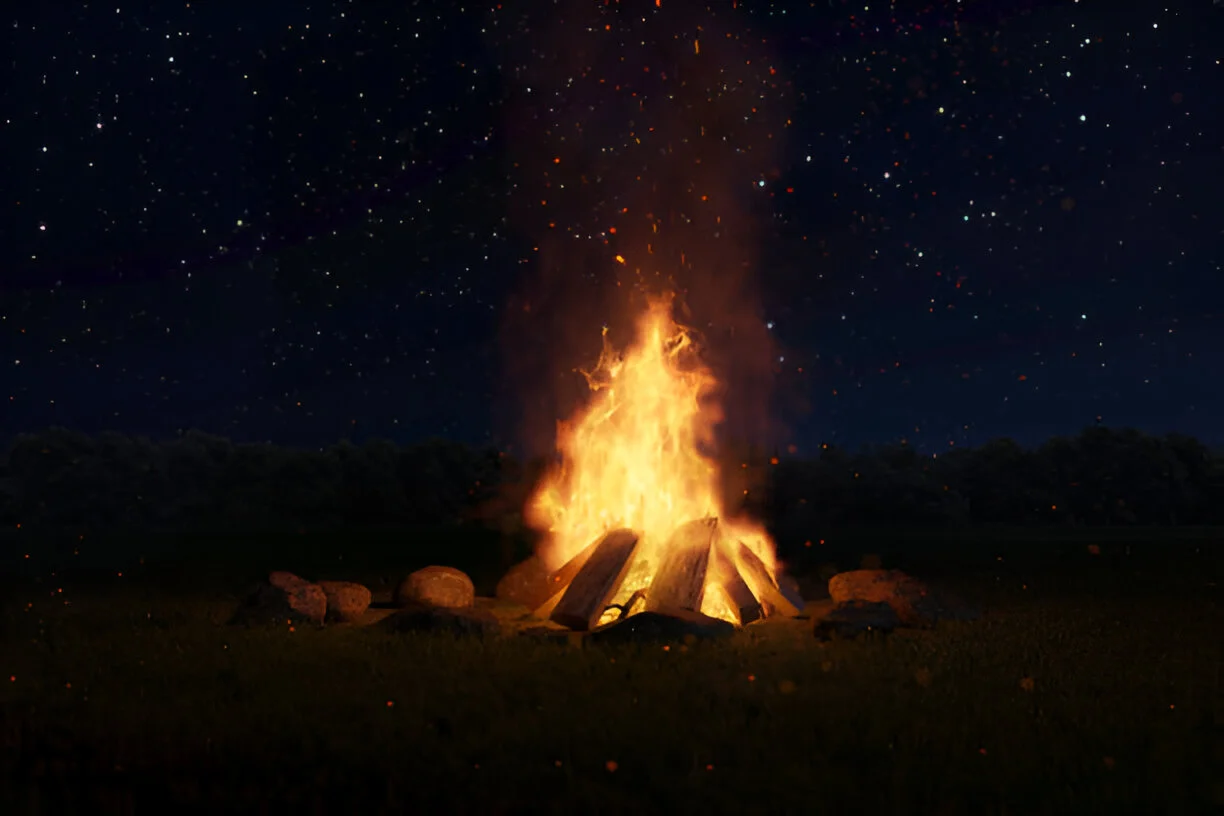Packing light for a camping trip can be like solving a puzzle. You want to be well-prepared without dragging half your house along. The idea here? Bring only what’s essential to make the trip fun, comfortable, and as stress-free as possible.
Picture this: you’re out in the middle of a beautiful forest, but instead of enjoying the views, you’re struggling to carry a giant, overstuffed backpack. Let’s avoid that, shall we? This guide will walk you through smart packing tips so you’re never over-burdened but have everything you need.
Understanding the Basics of Packing Light
Less is More
Minimalism isn’t just a trend; it’s practical. The lighter your load, the less strain on your body and the easier it is to move around. Packing less lets you get closer to nature without the constant reminder of how much you’re hauling.
Why Pack Light?
Fewer items mean fewer things to manage. You’ll be able to set up, break down, and get back on the trail quickly. Plus, a light pack is kind to your back and knees, especially when covering uneven ground.
Planning Your Trip
Research the Location
Before anything else, know where you’re going. Is it going to be cold? Is there access to clean water? Familiarizing yourself with the location’s specific conditions helps eliminate unnecessary items. A quick scan of the weather forecast will help.
Trip Duration
Pack based on the number of days you’ll be out. A weekend trip requires much less than a week-long adventure. Take only the amount you’ll actually use.
Activities on the Agenda
Planning on fishing? Hiking? Photography? Gear up based on your actual itinerary, not every possible scenario. You don’t want to lug around a fishing rod if you’re not even near a river.
Selecting the Right Gear
Backpack Choice
Look for a lightweight backpack with a design that fits your needs. A pack with multiple compartments helps with organization, so you can find things without unpacking everything. A comfortable, well-fitted backpack can make a world of difference on the trail.
Shelter Options
Forget heavy tents if you can! Look into single-wall tents, tarps, or hammocks, depending on the terrain. Lightweight tents these days pack small and weigh very little, yet they offer good protection. If you’re camping solo, a one-person tent or a bivy sack could be ideal.
Sleeping Gear
Sleeping bags and pads come in all shapes and sizes. Choose a compact sleeping bag rated for the temperatures you’ll experience. Pair it with a lightweight sleeping pad, which adds comfort without adding bulk. Here’s a quick look at choices:
| Sleeping Gear | Benefits | Drawbacks |
|---|---|---|
| Sleeping Bag | Warmth, easy setup | Can be bulky |
| Sleeping Pad | Cushions, insulates | Some are fragile or slippery |
| Inflatable Pad | Compact, lightweight | Risk of punctures |
Cooking Equipment
Choose compact, multi-use items like a pot that doubles as a bowl. A single-burner camping stove and a spork may be all you need. Many meals can be prepared with minimal equipment if you plan right.
Clothing
Layers are the name of the game. Start with a base layer that wicks moisture, add a mid-layer for warmth, and finish with a water-resistant outer layer. Avoid cotton, as it takes forever to dry if it gets wet.
Food and Water Considerations
Meal Planning
Plan meals around non-perishable, calorie-dense foods like nuts, dried fruit, and pre-packaged meals. Carry only what you’ll eat – food weight adds up quickly. Dehydrated meals are lightweight and easy, but you can make your own by prepping dried ingredients at home.
Water Management
Water is heavy, so carry just enough and bring a portable water filter. Check if there’s access to water sources at your campsite, and plan stops to refill as you go.
| Item | Pros | Cons |
|---|---|---|
| Water Bottles | Easy to use, durable | Can be bulky when full |
| Hydration Bladders | Hands-free drinking | Harder to clean |
| Water Purifier | Lightweight, reusable | Some need replacement parts |
Packing Techniques
Organizing Gear
Use packing cubes or dry sacks to separate items and keep your bag tidy. This also helps with accessibility. Place heavier items at the bottom or near your back to balance weight distribution.
Distribute Weight
Balance is key. Pack heavier items in the middle-back area. This helps avoid strain on your shoulders and makes hiking more comfortable. Keep frequently used items like snacks and maps in the top or side pockets for quick access.
Tips for Reducing Pack Weight
Multi-Purpose Items
Bring items that serve more than one purpose. A bandana can act as a head cover, towel, or sling if needed. A sturdy pot can work as a bowl or even a small storage container.
Cut the Non-Essentials
Be honest about what you truly need. Don’t bring a book if you’re not a dedicated reader or a bulky camera if your phone takes good enough photos.
Share Gear with Friends
If you’re camping with others, split shared items like cooking gear, tents, and first aid kits. This way, each person carries less, and you avoid unnecessary duplicates.
Safety and Preparedness
Weather Readiness
Camping weather can change fast, so be prepared without overpacking. Pack a lightweight rain jacket or poncho, and layer up for warmth. A small emergency blanket doesn’t take much room but can be a lifesaver.
Emergency Supplies
Bring a small but effective first aid kit with basics like bandages, antiseptic, and any personal medications. Pack a whistle, small flashlight, and extra batteries. Consider lightweight emergency tools, like a multi-tool or fire starter, in case you need them.
Environmental Responsibility
Follow Leave No Trace
Pack out everything you pack in, from trash to food waste. Avoid leaving any permanent impact on the places you visit, like litter or disturbed wildlife.
Eco-Friendly Gear Choices
Whenever possible, choose items made from sustainable materials or reusable options, like a refillable water bottle over single-use plastic. Small choices add up and keep natural areas pristine for everyone.
Conclusion
Packing light for a camping trip isn’t just about minimizing weight; it’s about creating a stress-free, enjoyable experience. With some planning, you can carry only what you truly need and make every step on the trail that much easier.

Stanley Morgan is an avid camper and outdoor enthusiast dedicated to making camping accessible and fun for all. With years of experience exploring nature, they share tips, gear advice, and inspiration to help others enjoy unforgettable outdoor adventures.




